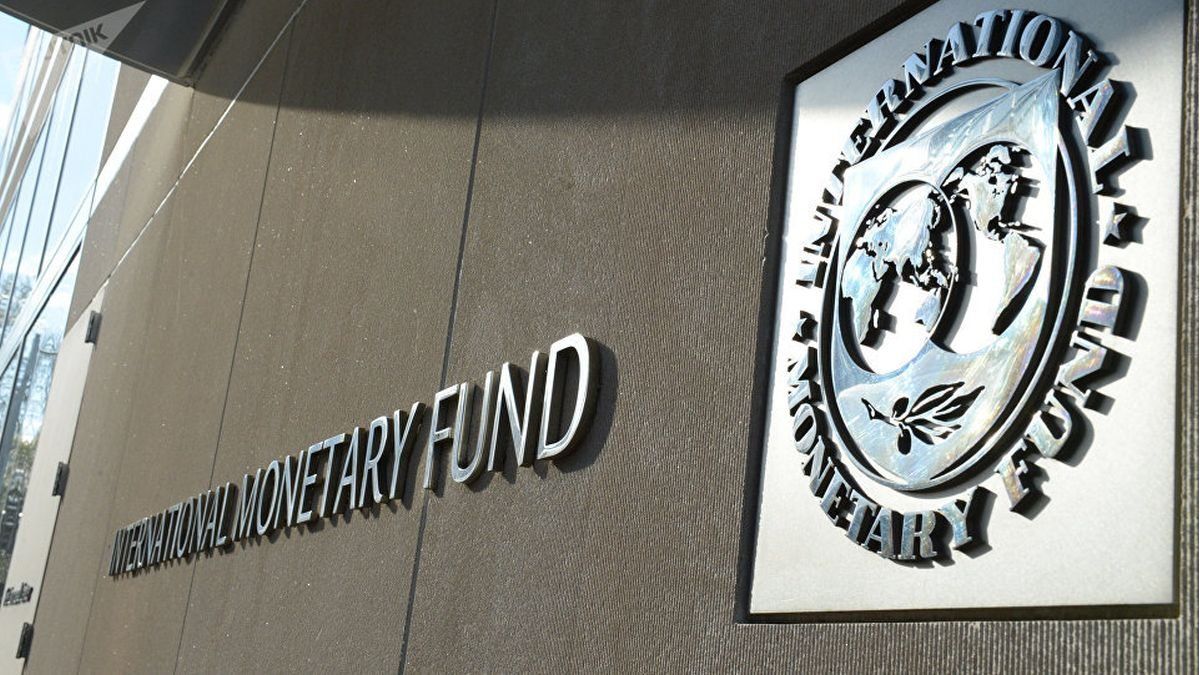It comes out on top. The answer is from the playwright Leopoldo Marechal. How do you get out of a maze? As? What does “go out on top” mean? The Argentine economy is, at best, a maze. It is known: an artificially created space, which has streets and crossroads and where, in addition to the confusion, it is likely that the exit will not be able to be found.
There are many possible approaches, but summarizing, it could be said that a question could encompass everything: with very few Dollars in the reserves of the Central Bank, how to best manage these currencies?
It has already been said: the BCRA parted with more than US$1.6 billion since the beginning of 2023. The early liquidation of the soybean dollar and a drop in wheat sales due to the drought tied this scenario together. With a forecast of a sharp decline in the inflow of foreign currency for the remainder of the year, the IMF modified the reserve accumulation target for Argentina. However, he did not change the other two goals, the one for monetary assistance to the Treasury and, the one that is worth, linked to public spending and the deficit.
The obvious question: Can the commitment spending be adjusted if, as it seems, there will be a sharp decline in the income of public resources? What social costs will this exercise bring? The IMF statement made it explicit: there was a commitment from the economic team to finance this cut with an acceleration of the removal of subsidies to electricity and gas rates, apart from “compensating” the negative impact on public accounts of the pension moratorium .
But let’s move on. Because Minister Massa’s control board is not only made of the letter signed with the IMF. Strictly speaking, as has also been said, the paradox is that the Government adheres to the IMF’s economic program and as it does so, the Fund’s recommendations generate a higher inflationary floor. More inflation, more orthodoxy of the IMF that feeds prices. Positive real rates, removal of subsidies, impossibility of intervening in the exchange market. There is another trap there. Inflation as a garb of nominality, ever higher.
An eventual response from the Government will be to avoid making large changes in the official wholesale exchange rate. This means that it will not adjust by price, therefore, the maneuver will be by quantity. Dollar management will become even more zealous. Imports are likely to be further cut. This will surely have an additional impact on economic activity, reinforcing a drop in collection.
With fewer resources and fewer dollars in reserves, the pressures on the domestic price system intensify. What deserves to be highlighted is that there are several procyclical vicious circles loose in the local economy that, pac-man style, are eroding the tools that the economic team can use. That will force, sooner rather than later, to sit at the IMF table, negotiate strong modifications to the agreement based on a transcendental definition: the signed agreement cannot be fulfilled in 2023.
Finally, as if the drought, the war and the domestic problems were not enough, there is the banking crisis in the US that plunged the Argentine sovereign fixed income almost 8% in just a few days. Debt issuance falls on rising risk perception and a move from risky assets (emerging market bonds) to US Treasuries.
The sum of the exposed factors – which are added to the domestic dynamics that have been operating such as the lack of dollars, the impossibility of funding, high inflation – would perfectly fit into a negotiating table with the IMF. What other creditor of Argentina today has the possibility of accepting that the drought, the war and even the banking crisis in the US have had a devastating effect on the possibilities of complying with the agreement?
In the eyes of the world, Kristalina Georgievathe owner of the Fund, can fly over the Argentine labyrinth and perhaps, in a subtle movement, put on hold the draconian promise signed at the timerecognize forgotten clauses, generate a margin for the Government to carry out an anti-cyclical policy. In short, allow a way out from above, which could be a negotiated way out, to prevent the cost of an adjustment from becoming disruptive and destabilizing, especially in an election year, with the uncertainty inherent to that situation.
Source: Ambito




